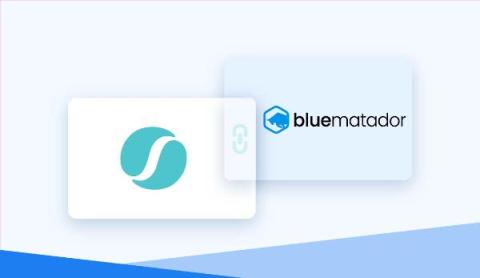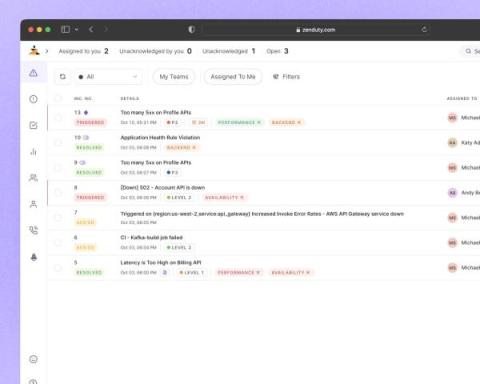Operations | Monitoring | ITSM | DevOps | Cloud
Latest News
RapidSpike + Squadcast: Routing Alerts Made Easy
What is a Pull Request and Why You Need Them
As an engineer, you're probably familiar with version control systems like Git that let you track changes to your codebase. But are you using one of the most useful features of Git pull requests? If not, you're missing out. Pull requests are one of the best ways to collaborate on projects and create better code. In this article, we'll go over the pull request meaning, why you should be using them, and how to create your own pull requests.📑 What is incident management software?
Why Invest in Tooling? Benefits and Concerns
Blue Matador + Squadcast: Alert Routing Simplified
Behold a brand New Incident Dashboard!
The incidents page, the most visited page on Zenduty, has an all-new look and feel! It's been completely redesigned from the ground up to be faster, easier to use, and more visually appealing. The Incidents list now dedicates more space for important information, such as the title, date, priority, and more. The UI is also more polished, shaving off whitespace where unnecessary. The avatars have been redesigned with more pastel shades, resulting in an overall design far more soothing to the eye.
What is Prometheus Alertmanager?
Prometheus Alertmanager is a powerful tool designed to handle various alerts generated by Prometheus. It plays a vital role in the overall monitoring ecosystem, acting as a centralized hub for managing alert notifications. With Prometheus Alertmanager and its robust notification management capabilities, you can efficiently define alert routing and notification policies. This empowers you to take timely actions and mitigate potential issues before they impact your service availability.











